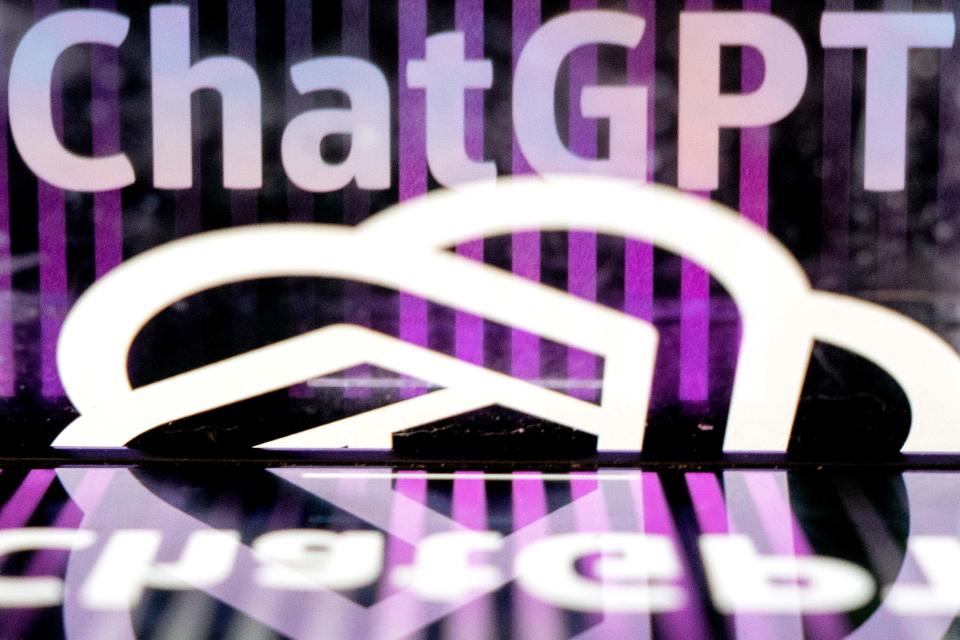From artificial labor to artificial intelligence: Human judgment keeps it real | Opinion
Artificial intelligence is the latest in social and economic shiny objects. Many are wondering about the trajectory of their professional lives. We’re all wise to do so.
Blue-collar work and the white-collar revolution
Such threats are not new. We can start with blacksmiths, respected practitioners of the art of crafting iron into important objects, including horseshoes. There are a few left, artisans who work with metals in gallery settings.
Of course, the automobile replaced the horse, and the need for blacksmiths plummeted. And people worried about the disruption. But then they adjusted. Cars were better than horses for moving folks around. Lots of workers had good jobs with good benefits.
And so it went. Technological advances made some jobs obsolete while creating new ones. Cars still needed to be built. Humans get tired, alienated and sick. They join unions that make demands for medical care and retirement.

Then came robotics. Advanced computer technology allows machines to do what people do, with greater precision and no issues of work-life balance. Now factories employ fewer humans to perform many tasks.
Add scanners to serve as cashiers. All was still mostly well. After all, this is blue-collar work. The robots and their cousins are just artificial labor. Workers are getting harder to find. Applicants failing drug tests make the challenge worse.
So it didn’t seem so bad. We needed the clerks and mid-level managers. Well, we probably did not need them all. But on they came, hiring assistants and issuing memos.
The white-collar revolution continued. It generated the need for education, training and webinars. It depended on brilliant programmers and engineers to enable our smart devices to serve us.
ChatGPT and other chatbots
The next big thing crept up on us. It’s not that artificial intelligence is new. It could already translate the human voice to text. It could figure out what ads to plaster on my news feed.
The newcomer on the technology block is ChatGPT. Never has so much creative capacity been made available to so many. It processes language to put together responses to commands and queries. It searches the vast amount of knowledge on the internet and responds with remarkably proficient writing.
ChatGPT and its competitors are chatbots. That means one can type or speak to them. Microsoft’s version has multiple millions of users, including me. It can produce a serviceable 10-page paper on the history of Vietnam. This is already causing havoc among university faculty. Did ChatGPT write this assignment?
Does a middle-level bureaucrat need to respond to a request from a superior. Have ChatGPT write a memo.
It’s the white-collar worker’s time in the technology barrel. Shouldn’t the same rules apply? If we’re replaceable by machines or electrons, we are expendable.
The answer is no more to ban artificial intelligence language generators than it was to ban scanners at grocery stores. The answer for educators may be to create more creative assignments that tap critical-thinking skills rather than rote assembling of information. Give in-class essay tests, with electronics left outside, where students fill blue books. In other words, let’s move forward to the past!
Others in clerical and support jobs should make sure they add human reasoning and sensitivity to any situation. Assembling words is hardly different than assembling automobiles if the outcomes are mindless box-checking exercises.
Philosophers, not chatbots, will grapple with what it all means. Humans are more than collections of matter responding to stimuli with electronic brain pulses. We have the capacity to add value to decision-making that electrons can’t fully replace. At least I choose to believe that.
So I asked ChatGPT to weigh in: “There are still many areas where human judgment remains crucial, especially in situations involving complex ethical considerations, creativity, empathy and nuanced understanding of social dynamics.” So we agree, for now.
William Lyons is Professor Emeritus of Political Science and Interim Associate Director of The Institute of American Civics at the Howard Baker School of Public Policy and Public Affairs at the University of Tennessee. He also served as Chief Policy Officer for Knoxville Mayors Bill Haslam, Daniel Brown and Madeline Rogero. The opinions expressed are those of the author and do not necessarily reflect the official policy or position of the Institute of American Civics or the University of Tennessee.
This article originally appeared on Knoxville News Sentinel: Opinion: From artificial labor to artificial intelligence

